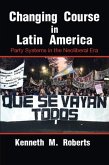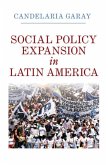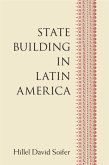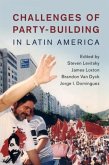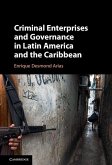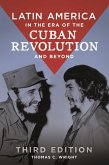This book examines security in three cities that suffer from chronic violence: Rio de Janeiro, Brazil; Medellin, Colombia; and Kingston, Jamaica. In each, democratic states contend with subnational armed groups that dominate territory and play important roles in politics even as they contribute to fear and insecurity. Through a nested three-city, six-neighborhood analysis of the role of criminal groups in governance, this research provides a deep understanding of the impact of crime on political experience. Neighborhoods controlled by different types of armed actors, operating in the same institutional context, build alliances with state officials and participate in political life through the structures created by these armed actors. The data demonstrates the effects criminal dominance can have on security, civil society, elections, and policymaking. Far from reflecting a breakdown of order, varying types of criminal groups generate different local lived political experiences.
Dieser Download kann aus rechtlichen Gründen nur mit Rechnungsadresse in A, B, BG, CY, CZ, D, DK, EW, E, FIN, F, GR, HR, H, IRL, I, LT, L, LR, M, NL, PL, P, R, S, SLO, SK ausgeliefert werden.




